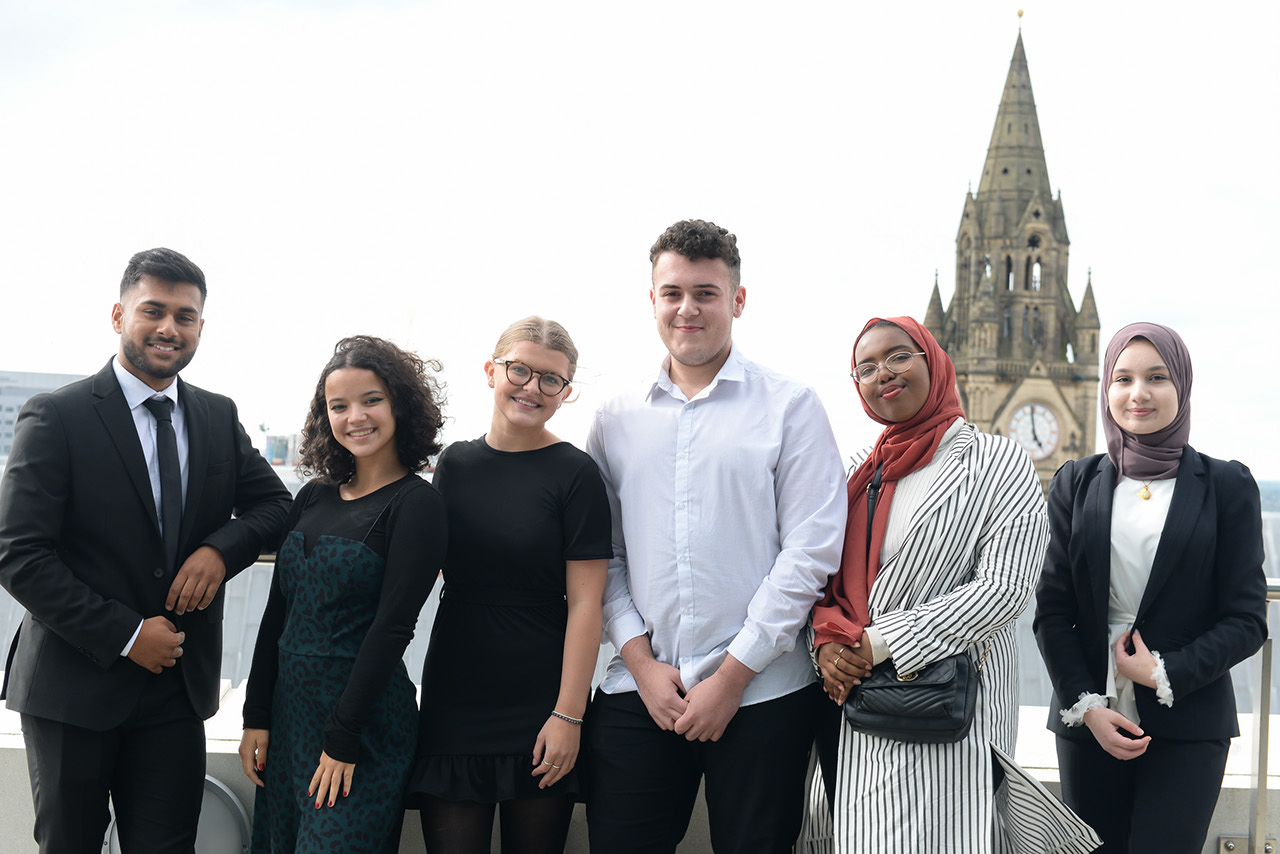The EY Foundation is a charitable company registered in England and Wales and Scotland with registered charity number 1157154 and SC045076. It is also a member firm of Ernst & Young Global Limited

Commissioned within weeks of our pivot to online delivery as a result of Covid-19, research produced by Learning & Work Institute into the impact of EY Foundation’s move to virtual delivery of employment support has found that a hybrid model is the most effective for employers and young people.
The findings provide important insight for employers and training providers, which can be used to inform post-pandemic approaches to virtual training and work.
51% of young people polled said a hybrid model was most effective, compared to 10% who said completely online and 29% completely face-to-face.
The research identifies clear benefits of remote learning, but also that face-to-face remains important for many young people.
Key recommendations include:
- Identify when face-to-face matters and schedule opportunities to meet up in person.
- Use online delivery to improve inclusivity for participants who may struggle to attend in person.
- Remove barriers to online delivery, for example by providing technology and a quiet place to work.
- Avoid using terms like ‘real life’ versus digital. Digital relationships are an integral part of modern working practices.
- Encourage but don’t enforce camera use.
Read the report here.
We pride ourselves on being an evidence- based organisation and want to ensure we are achieving measurable impact in support of young people. This drove our desire to quickly understand how to deliver virtually in the most effective way - and then help other organisations by sharing our findings.
Young people faced disproportionately high levels of unemployment during the pandemic, which is why it’s essential that youth employment programmes are delivering high-quality support. It is particularly important for groups of young people who are often left behind to have the right digital skills and access, including through hybrid delivery.


